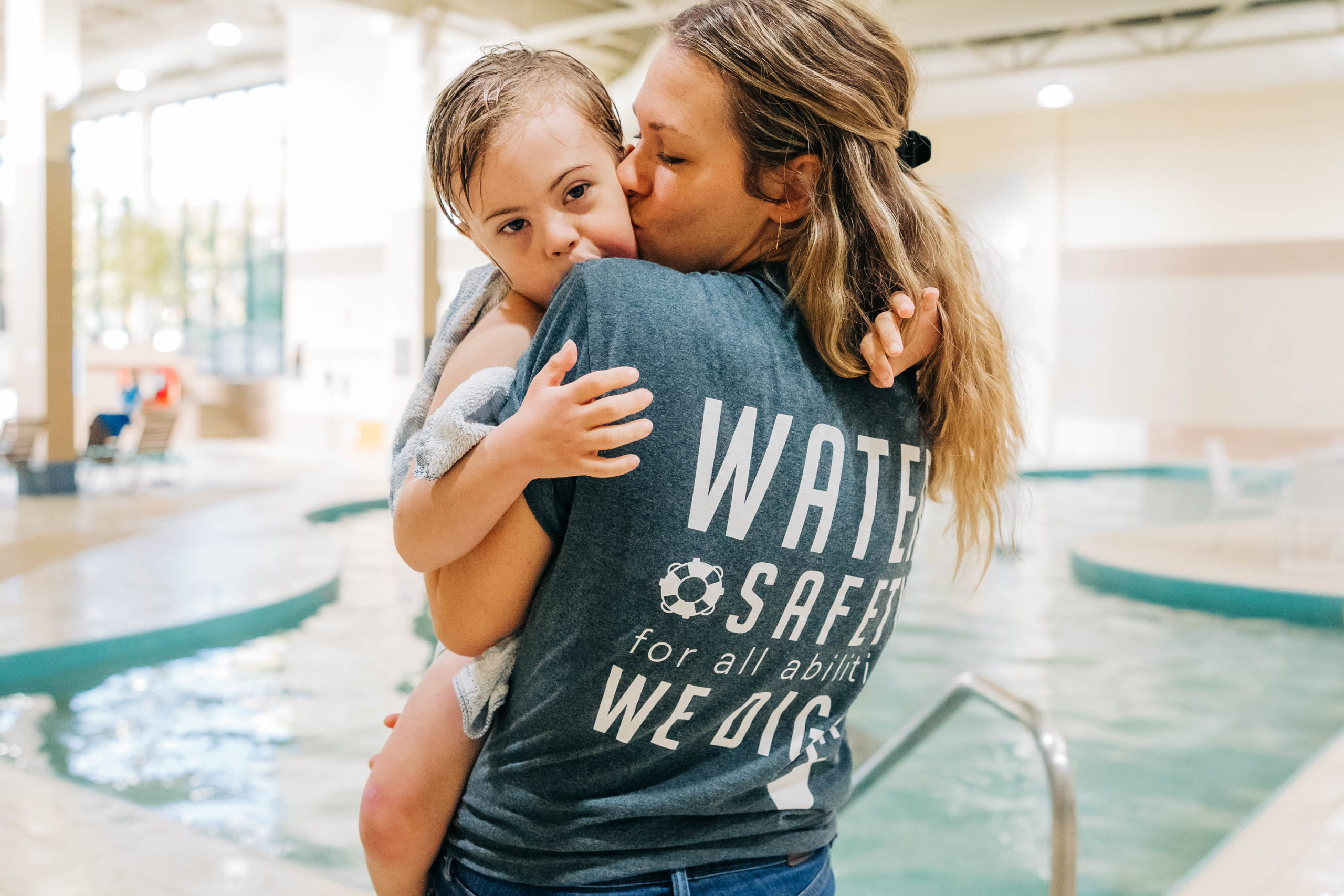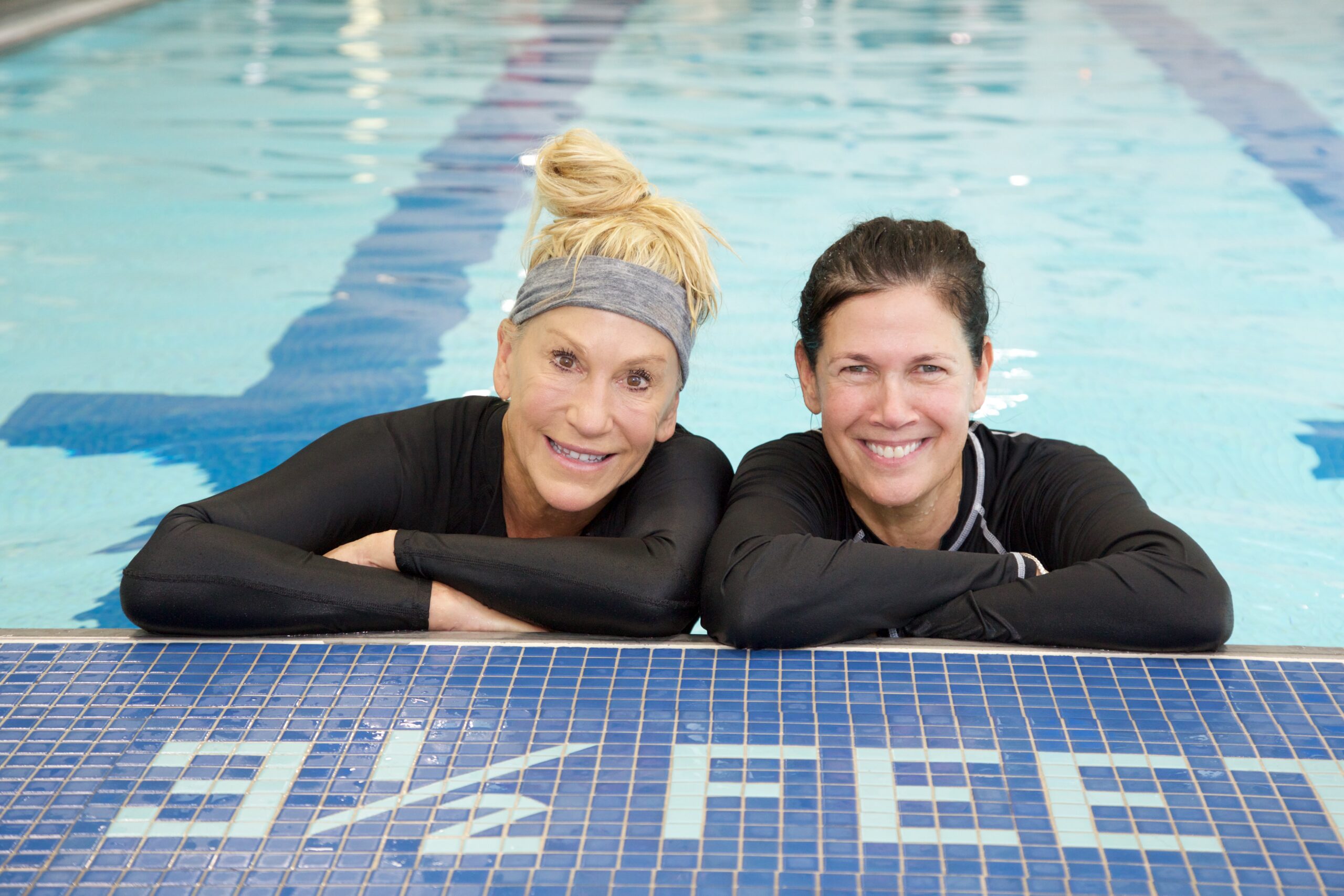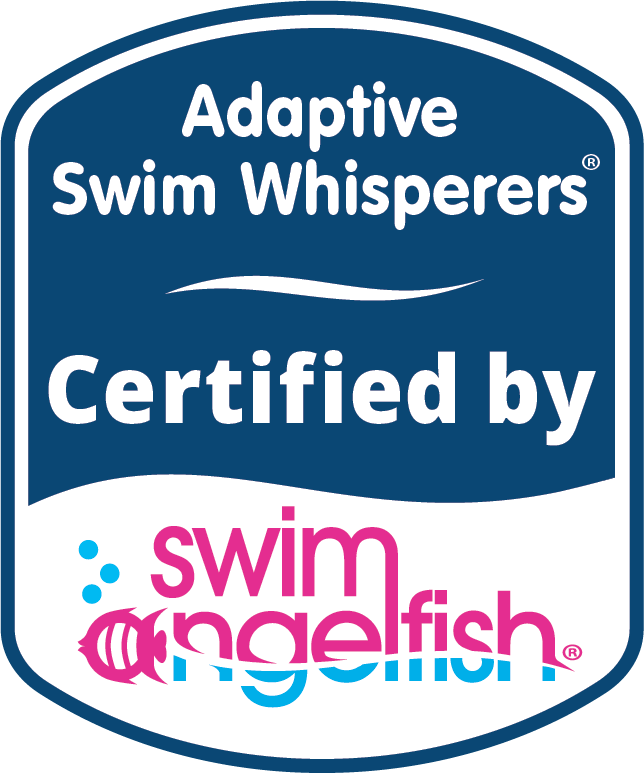
Afraid of the water and swimming? You are not alone. This is a common challenge that many people face, especially those who cannot swim or who have previously had a scary or traumatic water experience.
We will share our secrets to overcoming anxiety in the pool so that you can help your swimmer beat their fear of water and enjoy all the benefits that swimming has to offer.
Using Adaptive Aquatics Techniques to Overcome Extreme Anxiety
At Swim Angelfish we have helped thousands of students with anxiety learn to swim. We use adaptive aquatics strategies from our time-tested Swim Whisperers® Training Program to identify the underlying cause of the anxiety and work with the swimmer to overcome it.
In the training course, we feature a case study of Peter, overcoming his extreme anxiety. In the course curriculum we provide strategies to address the underlying problem causing anxiety so that instructors can help their swimmers progress and gain critical skills and competency.
Here, we will share elements of Peter’s inspiring story to show how using the Swim Angelfish Methodology can make the impossible possible.
Our program takes you through a systematic approach to identify roadblocks and understand how to apply the correct strategies and adaptive swim techniques to help swimmers conquer their individual challenges. In this particular case, we realized that we could help Peter overcome his anxiety in the water based on strategies relating to three key roadblocks; Interpreting Touch, Reactivity, and Rigidity.
Conquering Swimming Anxiety
This is how we helped Peter achieve success and go from an anxious student to a confident and capable swimmer.
Want to learn more? We have Five Time Tested Tips for Anxiety that you can incorporate into your lessons to help swimmers with anxiety or discomfort.
What causes a fear of water or swimming?
If your child is feeling nervous, insecure or has excessive anxiety when thinking or talking about an upcoming swim lesson, then the chances are they have an underlying fear of the water. Feeling this way is completely natural and these are rational responses to fear and anxiety.
There are several reasons why your child might be feeling this way;
- Buoyancy or lack of gravity can be uncomfortable for swimmers with body awareness or sensory issues.
- Fear of getting water in their ears or eyes can cause an extreme reaction and discomfort.
- Fear of drowning, or not being able to breathe is common. The concept of inhale and exhale is hard for young children especially if they have some retained reflexes or general coordination issues.
- Unusual fear of drains, jets or other objects in the pool that are not familiar may make them nervous.
- A previous experience of discomfort or even mild trauma like slipping under unexpectedly can create ongoing emotions that interfere with learning to swim in a typical small group class.
The good news is, it doesn’t always have to be like this. It is possible to enjoy the water and learn to swim (at any age) using the Swim Angelfish methodology to identify the underlying problem and apply adaptive aquatic strategies and techniques to overcome the source of swimming anxiety.
6 Coping Tips for Children with Anxiety
We spoke to Nick Mian, a Licensed Clinical Psychologist in Massachusetts and Assistant Professor of Psychology at the University of New Hampshire, to get 6 coping tips for children with anxiety.
By implementing these 6 tips we can help anxious children understand, manage and cope with their anxiety so that they feel supported and prepared for their swim lessons.
How can Swimming help Anxious Kids?
Swimming, even if it’s just for a short period of time, has been shown to decrease anxiety and offers mental health benefits, helping your body to respond better to symptoms of stress.
Once your swimmer with anxiety begins to enjoy the water it can be used as a tool for managing anxiety. The magical property of the water called hydrostatic pressure provides a blanket of deep pressure that squeezes a swimmer’s body and the deeper you go the more pressure there will be. The deep pressure helps the neurochemistry of dopamine to be released and this helps to wash away adrenaline. Washing away adrenaline by doing underwater swimming or deep-water bobs can help regulate a swimmer’s sensory system. The effects can last several hours and even days.
Adding free swim into the weekly activities can be a great way to reduce anxiety for day-to-day tasks. We see anxiety in neurotypical swimmers as well as swimmers with different diagnoses like Down Syndrome and Autism.
Aquatic therapy in warm water (88 – 92 degrees) also has a positive effect on mood and can help to reduce depression.



